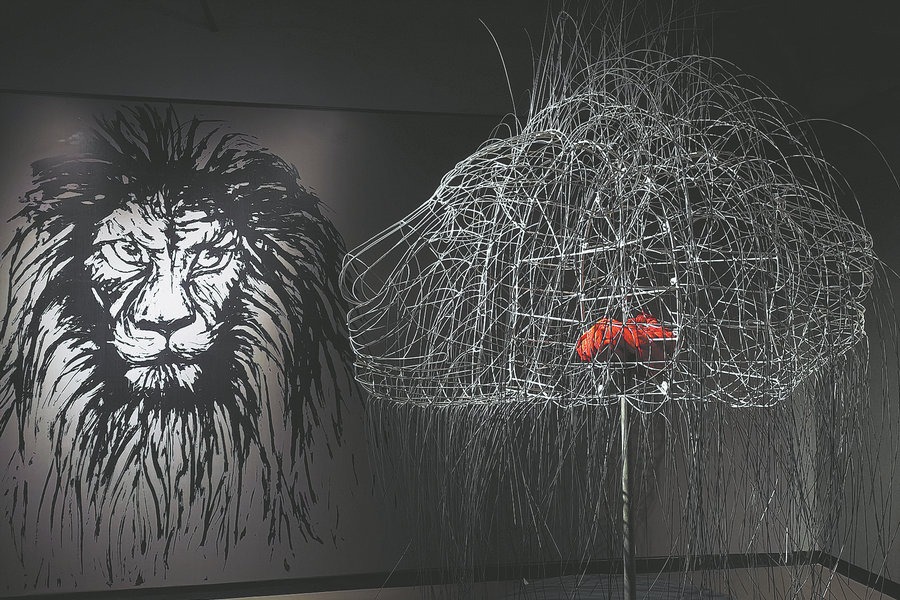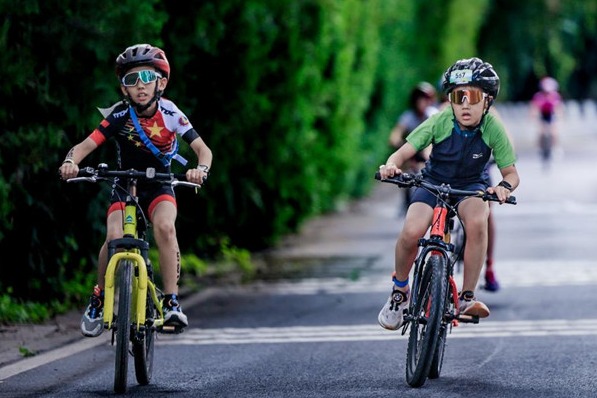Redefining learning in the age of AI


In an era of rapid advancements in AI technology, the education sector is undergoing profound transformations.
Key priorities now include reshaping educational goals, innovating university education, rethinking learning content, and embracing the emerging trend of human-machine symbiosis.
Traditional education has focused on memorization and the reproduction of knowledge. However, with the widespread application of AI, mechanical and repetitive tasks are increasingly handled by technology. As a result, learning must shift toward developing abilities that cannot be replaced by algorithms. The core objectives of future student development should emphasize cultivating the ability to ask meaningful questions, think critically, and drive innovation.
I believe AI follows a "bicycle principle". In primary and secondary education, developing subject literacy and independent thinking skills is like the main wheels of a bicycle, while AI serves as the training wheels, helping students ride more steadily.
However, the ultimate goal is to master the ability to balance. Particularly at a young age, excessive reliance on AI for answers can lead to dependency, stifling curiosity and creativity — both of which are vital to human development.
In higher education, students need to learn how to harness AI.Modular knowledge systems and dynamic learning paths can empower individuals to do so.
For instance, embodied intelligence is a hot topic today. It involves integrating AI into physical entities like robots and new energy vehicles, providing the "brain" with a "body".
To contribute to this field, one must understand not only how large models are trained and how they reason, but also the mechanics of automation, robotic motion control, and relevant industrial knowledge. Interdisciplinary education can strengthen our ability to effectively use and master AI.
In university education, "scenario-driven" teaching may become increasingly common. For example, virtual simulation labs and industry-academia-research collaboration projects can transform theoretical knowledge into practical innovation skills.
Meanwhile, the role of teachers should shift from being mere transmitters of knowledge to becoming "guides", using AI's analytical capabilities to dynamically adjust teaching strategies and design personalized learning experiences.
However, the essence of AI lies in its role as a tool that amplifies human abilities, with its direction firmly guided by human intent. While AI can swiftly process information, it is up to humans to construct frameworks and instill values into its operations.
Today, human-machine collaboration is a rising trend, and co-creation with AI is becoming the norm. AI acts as an "accelerator of creativity", not a replacement for humans.
People shape AI's outputs through framework design, layered instructions, and iterative optimization. For example, in literary creation, authors determine themes, styles, and value frameworks, while AI assists in integrating information and refining expression.
Looking ahead, future learning capabilities should focus on three key areas: first, interdisciplinary integration skills, as seen in embodied intelligence; second, human-machine collaboration skills, such as enhancing AI output through prompt engineering; and third, a strong foundation in the humanities, since disciplines like philosophy and art provide life experiences that machines cannot replicate.
Ultimately, the goals of technology and education should be aligned to ensure that humanity remains at the center amid ongoing transformations.
Written by He Han, 37, an expert in the digital economy and artificial intelligence. He is a member of the 14th National Committee of the Chinese People's Political Consultative Conference, CEO of Tianyu Digital Technology, and Chairman of Shanxi Data Flow Valley.
Deep Dive
Recently, the Ministry of Education released two key documents: Guidelines for Artificial Intelligence General Education in Primary and Secondary Schools (2025 Edition) and User Guide for Generative Artificial Intelligence in Primary and Secondary School Students (2025 Edition).
These guides aim to promote AI education in a scientific and systematic way across all levels of schooling. They mark a significant step in cultivating innovative talent with AI literacy and offer a uniquely Chinese approach to how the global education sector can respond to rapid technological change.





































